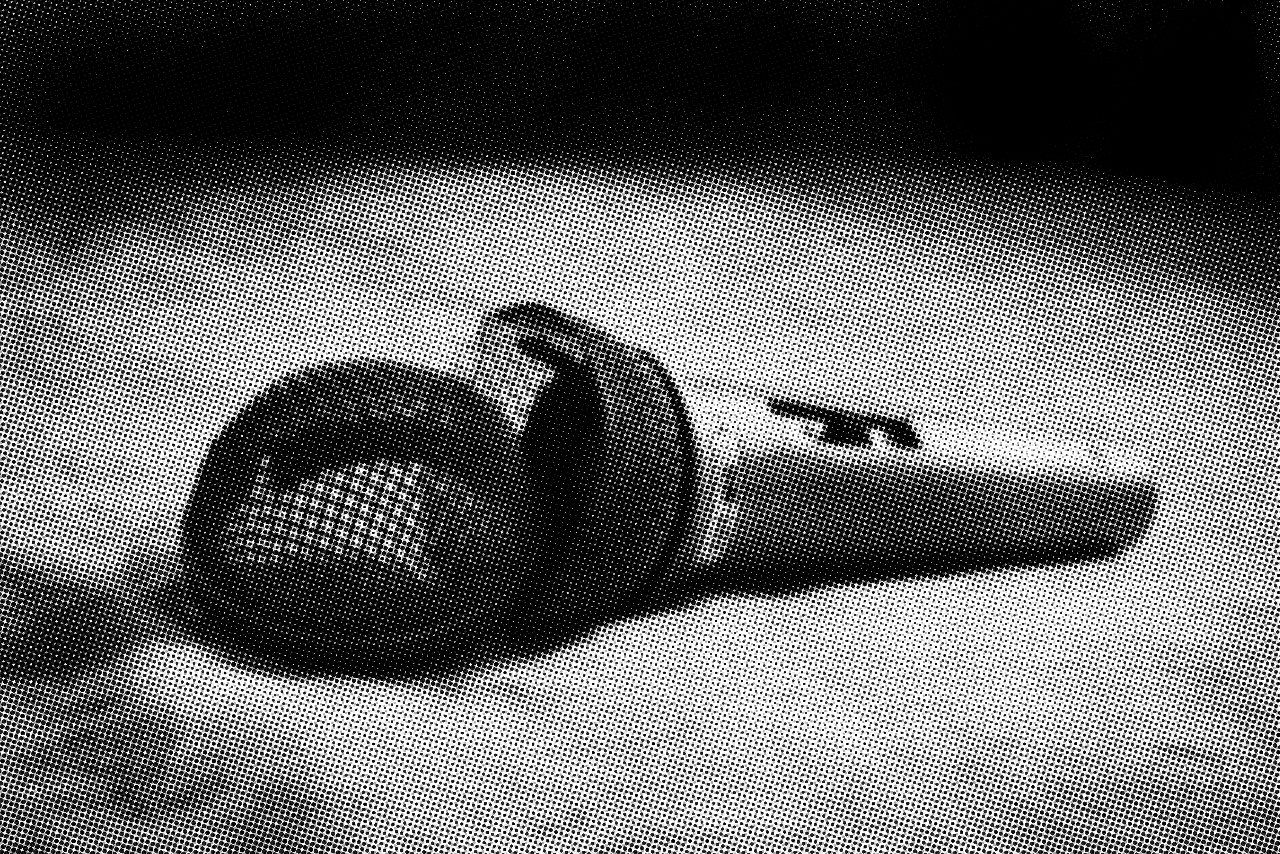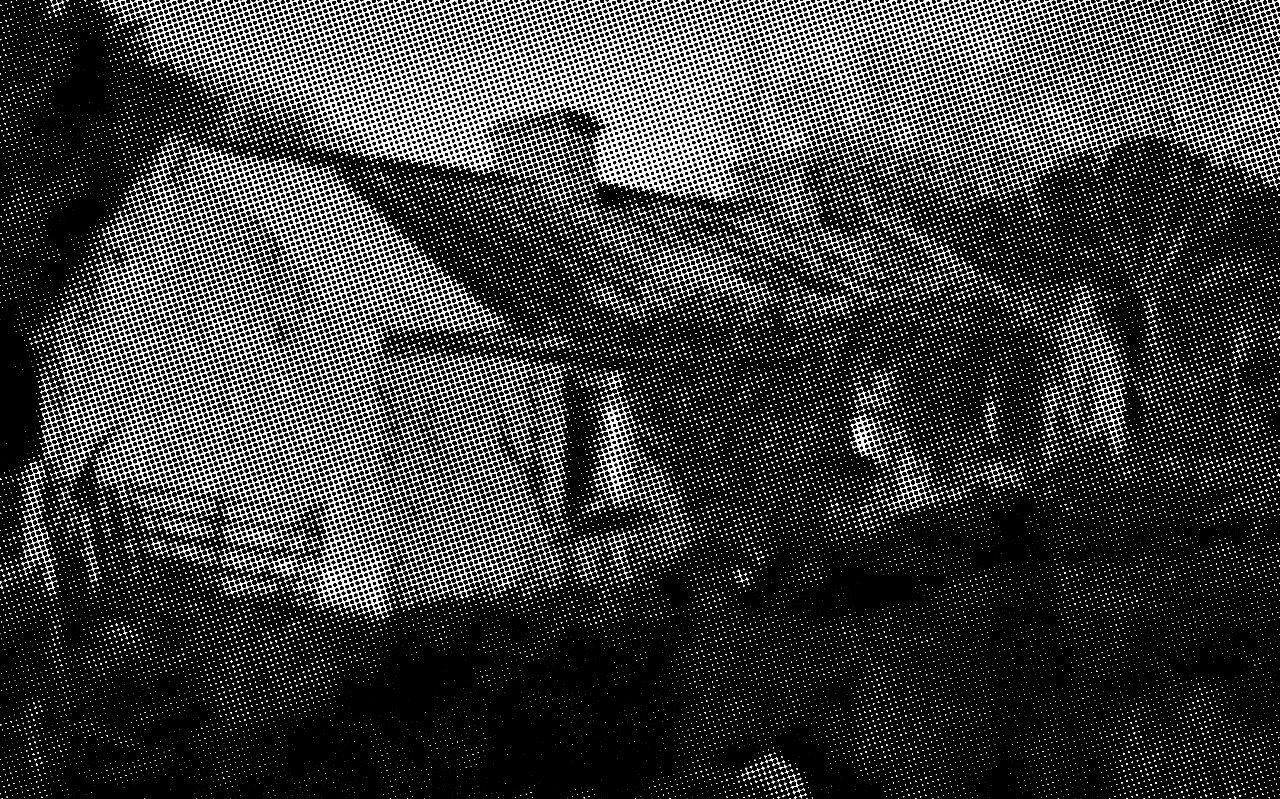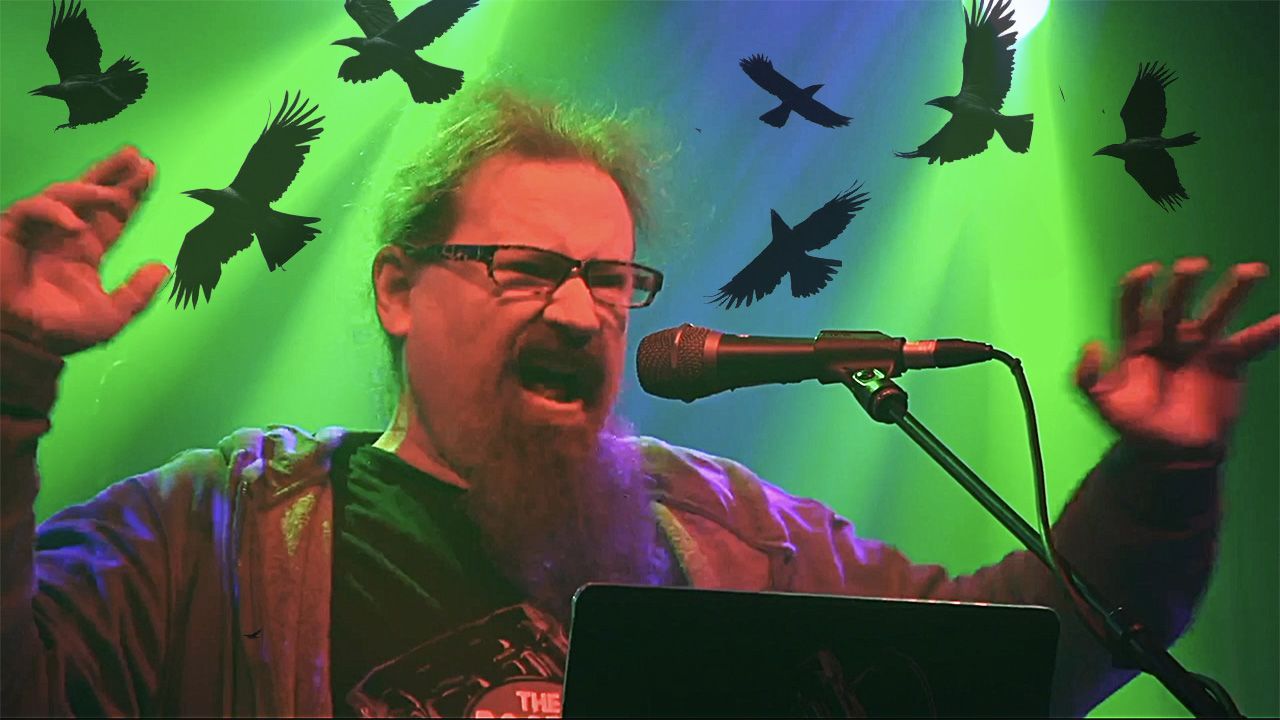The Last Days of the Govan Elvis
An incomplete inspiration

I’m indebted to my old colleague A.C. Frank Morgan for suggesting the idea of the “Govan Elvis.” I’m pretty sure it was him unless it was me, but it was over a pint of Guinness (for me) and a Budvar (the proper Budweiser) in the Solid Rock Cafe in Glasgow.
The story of the Scottish rock star Alex Harvey – a fan of Elvis, born in Govan – is close to me. I was 10 when he died and I never met him, but I managed his band, the Sensational Alex Harvey Band, 20 years later and wrote their official memoir too. Many other writing commissions meant I developed a kind of overarching story for any musician who came out of Glasgow in the 60s and 70s, and I decided to name the character Adie Lennox because I liked the sound of it.
I know what I want to do with it… even thought I haven’t done it yet. It’s going to be as if I was interviewing people who knew Adie, without ever speaking to Adie personally. Along with charting that overarching story, I also want to demonstrate how myths, legends and lies can built a character that may – or may not – resemble the person at the centre of it. How many people can we be? How much of it is our choice?
This is the epilogue. It’s written as a broadsheet newspaper feature and it’s designed to have just a little bit of the smugness that some weekend feature writers seem to express. I know how The Govan Elvis begins and ends, and once I have the lead character, that’s usually all I need to write a story. The struggle with this one, like I say, is that there isn’t a single lead character – there’s just a series of myths, legend and lies about one.
I hope to get there eventually. In the meantime:
He might be the veteran of any number of wars, and this village pub has seen its share of those over the decades. Yet there is something slightly different about his 1000-yard stare, and his fingers keep a delicate, unconscious beat against his glass; for this is the survivor of the war of rock and roll. Adie Lennox is about 300 miles from his birthplace in Glasgow, Scotland, and he won’t say why he chose a village in Country Roscommon, Ireland, as his place of retirement. He also won’t accept “retirement” as his current status. “I’m writing a rock opera,” he tells me, and his soft but mildly threatening accent takes me back to a time when the Adie Lennox Band ruled the world (it seemed). “But I cannae discuss it.”
There’s no doubt he still has plenty of presence, filling more than his share of the tap room as the regulars keep a respectful distance, because he’s told them he’s “daen a newspaper interview.” Does he still sing? “Dae ah still sing, Maguire?” he shouts over to the bartender, who grins in reply. “Only just before ah get kicked oot.”
It can’t be denied that there’s a darker element to his persona – and perhaps that’s not a surprise. The diminutive character who’s drinking whisky with me (there’s much, more more water in mine, though) once commanded audiences of thousands as the Adie Lennox Band screamed through seven successful albums and countless live appearances. “It’s no’ about the albums. It never was,” he tells me. “It was always about that energy from those people.” The band? “No’ them. The audience. The people. We gave them what they wanted, and that’s what we wanted.” Yet he won’t be drawn further on his bandmates, who he famously abandoned on stage at a European rock festival, turning to the fans and saying, “You see those men? Murderers. Every one of them. Murderers,” before walking off and effectively ending his career (an attempt at a comeback, with a different band and different songs, failed badly).
“Ah don’t think about that any more,” Lennox says as he briefly looks me in the eye for the one and only time that day. “I want something else noo. Ah’m writing a rock opera.” So he said. Sadly, there’s not much more that he did say – despite a lengthy telephone conversation in advance of my trip to Ireland, in which we agreed the questions he would answer, he decides not to proceed in that direction. (He asked this paper to agree not to publish his location, and we have stuck to that agreement.) “Ah knew when ah met ye that it wuz the wrong way ti go,” he says of his refusal to address my queries. “Ah think you can really get it –– the same old questions won’t help ye dae that.”
He steps outside for a breather, and I take the opportunity of a return to the bar to ask Maguire about the local hero. Yes, he’s in here most nights. No, he doesn’t talk much about the old days, not even when he’s drunk. Yes, he can get a bit ‘naughty with it’ and he is, indeed, asked to leave several times a month. “But there’s no harm to him,” I’m told by another regular from down the bar. “He’d give you his last penny, so he would, and he has to more of us than he hasn’t.” I sense that Lennox is amongst family, protected, and perhaps that’s what he likes about the place.
He talks warmly about growing up in Glasgow, despite living in the notorious slums of that city, arguing that people were nicer there than they’ve ever been portrayed in the media, because the hard way of life taught them to appreciate love more. “There’s an auld joke that ye didny lock yer doors because ye had nothin’ worth stealin’,” he reflects. “There’s another joke that, if ye left yer money ootside, folk widny steal it – they’d clean it fur ye and give ye it back. That’s closer ti’ the truth.”
He also talks warmly about Elvis Presley. It’s well-known that the pair met in 1960, just for a few seconds, while the American icon waited in a small Scottish airport for his plane to be refuelled as he travelled home from army service in Vietnam. Lennox tells how he took hold of Presley’s coffee cup to replenish it, and for a brief moment both of them were gripping it. “Ye should huv felt the energy,” Lennox recalls, his eyes more alight than I’ve seen them before. “It wuz like a thoosand books from the best library in eternity, all tellin’ me how to become what I wanted to be. I knew what I had to do with mah life from that moment on.” Yet there’s a distinct tone of regret in his voice as he waves to Maguire for another drink. “Ah never met Elvis again. Ah wanted ti, and ah tried ti, but it never happened. Then he died.”
He begins listing people he’s loved who have also died, including his parents, his younger brother, his first wife and some band members (including the notorious Roabie McCulloch, made famous by the ALB track “Roabie Said”). He sings a morose melody to himself that makes me want to get up and leave; as I look around the bar I see expressions on faces that suggest his melody is a well-known message. Maguire absently pushes the whisky bottle we’ve been emptying to an out-of-sight location on the gantry.
I consider making an excuse to leave, but my getting-up motion appears to change his mood. “Come on an’ ah’ll show ye somethin’,” he tells me, suddenly bright again, although still distant. “Ah’ll show ye a wee secret – the standin’ stone!” The bottle retrieved from a relieved Maguire, along with promises to settle his tab in a few days when his next royalty cheque comes in, he ushers me into the late summer evening, where the light is fading but the heat of the day remains. It’s a small village and it runs out quickly, but Lennox wants us to push on; and as we do he tells me: “The stone is the basis of the rock opera, ye know. Ah canny tell ye much, but it’s aw aboot this stone and how it used to be used by wizards, back in the old days, and how they didny realise the stone listened to aw their spells and learned them, and aw it’s gonny take to bring the magic back is someone who can talk ti’ the stone.” It’s impossible not to be energised by his enthusiasm, but it’s also difficult to ignore the fear that it’s all too 1970s for a late-stage career turnaround.

After a few more minutes we pass a crumbling single-storey farmhouse, and just beyond it, as a dirt track is consumed by undergrowth, Lennox points and says: “There it’s – the Stone of Desire! Or at least that’s whit it’s called in the rock opera.” I can’t hide my disappointment: the stone does appear to have some ancient markings on its surface (although they could be recent, for all I can tell), but it’s otherwise unremarkable, with no interesting shape or colour – and it’s only the size of a bedside cabinet.
Lennox catches my expression. “There’s mair o’ it underground, ah’m sure,” he says quickly. “It’s awfy dilapidated, but ah’m startin’ a fund to have it done up again. Ah’ve researched its history. We can huv a wee visitor centre and ah’ll tell people the story, an’ they can buy the album after that.” He seems to be convincing himself. “Aye, a fundraisin’ campaign.” He brightens up again. “Mebbe we’ll get a perspex case, ti protect it frae the elements. People huv said folk won’t like that, but ah always say, ’Stones in glass hooses shouldny throw people!’” He laughs, and so do I, but only in a supportive, encouraging manner. Stone of Desire indeed.
I decide it’s time to say goodbye. On hearing that I’m staying in the pub, he considers returning with me then, wisely, thinks better of it. “Will ye come in for a quick one before ye head aff?” I realise that he lives in the wrecked farmhouse, which, he says, he bought because of the stone. I decline gently, explaining that the traditional image of heavy-drinking journalists has been consigned to the past (like rock operas). He lists a few names of reporters he knew in his heyday, but I haven’t heard of any of them. We shake hands. He goes inside. In honour of the years of pleasure his music gave me, and in honour of the days when he was my hero (you should never meet them), I go back to the stone for a moment, just to see if I can sense anything – anything at all – of some kind of ethereal power. I can’t. A curtain shuffles as I turn away.

